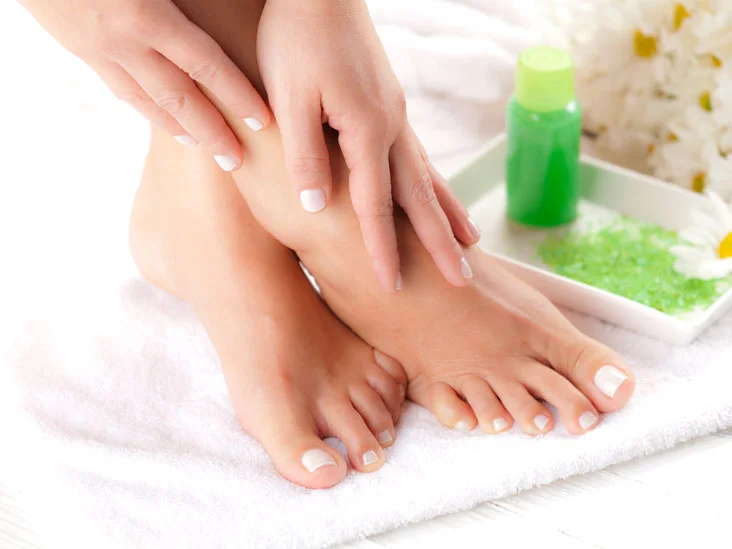Living with diabetes and a diabetic foot is not easy. You must constantly make sure that your blood sugar levels do not spike. If you get a tingling, numbness, cold, or sore feeling in your foot, you could be having diabetes-related foot problems. According to statistics, about 50% of people with diabetes experience nerve damage in their feet, but you do not have to be one of them.
It is important to keep a check on your leg and foot regularly if you have diabetes. See a doctor immediately if you see a cut or blister that won’t heal with medication or home remedies. Nerve damage in your leg can cause you to lose functionality and feeling in your feet, making life difficult. The condition can even be life-threatening. Consult with diabetic foot care The Woodlands today.
Tips to take care of your foot if you have diabetes
- Check your feet for cracks, wounds, and sores regularly.
Diabetes can cause nerve damage in your feet, making it more difficult to feel cracks, wounds, and other injuries. This is why it is important to check your feet for sores, dry or cracked skin, and changes in color, even if you feel alright. To check all parts of your feet properly, ask a friend or family member to help. You can also place a mirror on the ground to see under your feet.
- Protect your feet.
To keep your feet in good condition, make sure you wash them daily with gentle soap and warm water. Towel dry them with a soft microfiber material, and do not forget to clean between your toes. Next, moisturize your feet with lotions to keep them from getting dry and producing cracks which invite bacteria and infection. Finally, wear shoes that fit you well and are soft to the touch to prevent blisters and other problems.
- Do not dip your feet in hot water.
Many people use their feet to check the temperature of the hot water in their bathtub. However, nerve damage can make it challenging to feel anything in your legs. You won’t even know if the water is scalding hot and can burn your skin. What feels mildly warm to your feet may actually be scorching hot that can give your burns. Dipping your feet in hot water can lead to burns and blisters and cause an infection. Instead, use your fingers or elbow to check.
To get the best and most accurate information regarding your foot care, seek consultation from a diabetes healthcare team.
